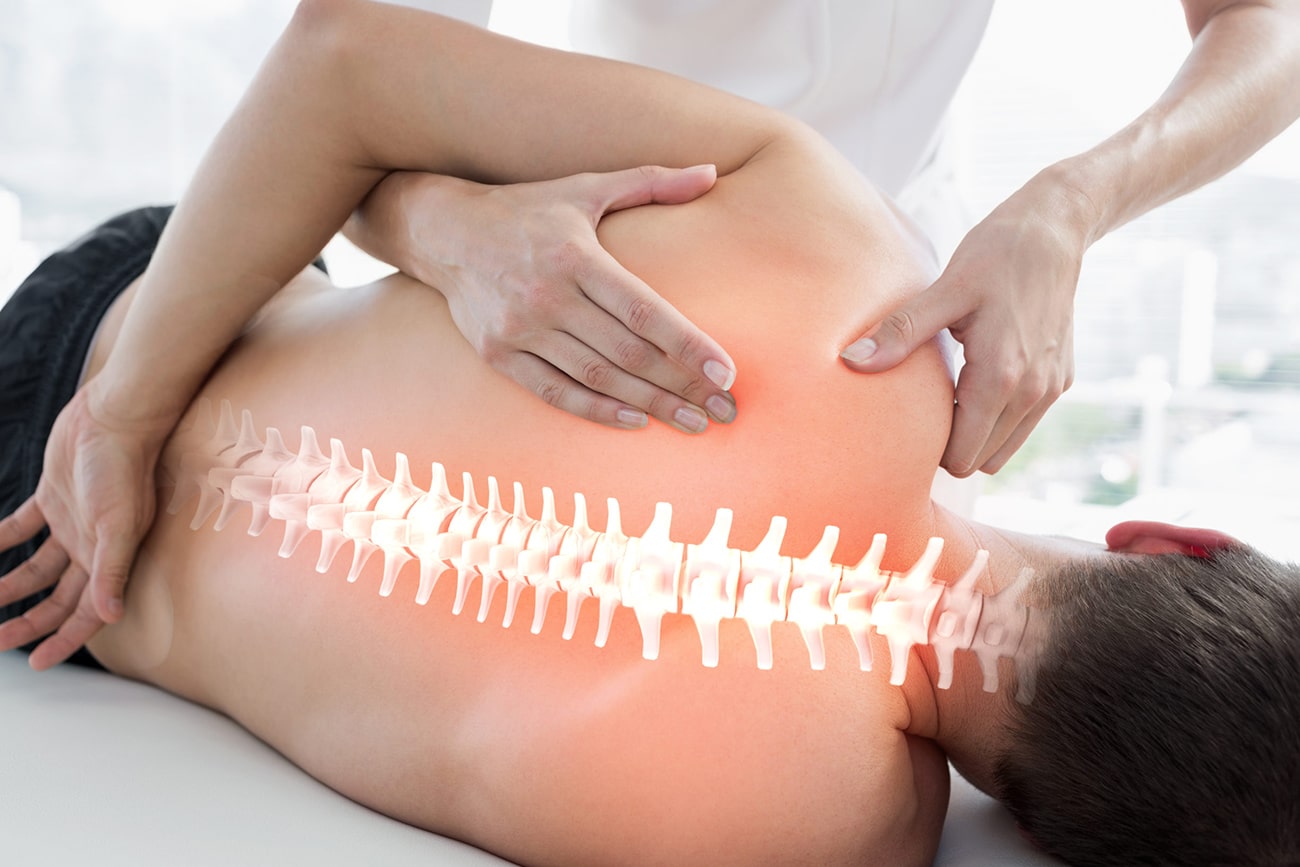Chronic pain is a common and frequently incapacitating ailment that has a profound effect on mental health in addition to the physical domain. Careful consideration is necessary due to the complex connection between chronic pain and mental well-being. The goal of this article is to examine the substantial effects of chronic pain on mental health, providing a thorough examination of symptoms and approaches to treatment to deal with the complex issues raised by this intersection.
I. The Adequacy of Chronic Pain Management:
A. Definition and Length of Time:
Long-lasting chronic pain frequently lasts longer than anticipated to recover.
recognizing the difference between acute and chronic pain and how it affects daily living over time.
B. Global Burden and Prevalence:
Around the world, millions of people suffer from chronic pain.
the effects of chronic pain on quality of life and healthcare systems from a socioeconomic perspective.
II. The Mutually Intimate Link between Mental Health and Chronic Pain
A. Aspects Psychosocial:
The impact of chronic pain on mental and emotional wellbeing.
the mutual link between pain perception and mental health issues.
B. Typical Mental Illnesses:
Stress, sadness, and anxiety problems frequently coexist with chronic pain.
The way in which mental health disorders increase the intensity of pain.
III. Signs of Chronic Pain’s Effect on Mental Health:
A. Uncertainty:
Symptoms include tense muscles, restlessness, and excessive concern.
link between the onset of anxiety disorders and stress brought on by chronic pain.
B. The Depression
Symptoms include changes in appetite, loss of interest, and ongoing sorrow.
Depression’s onset and worsening are attributed to the cyclical nature of chronic pain.
C. Disturbances in Sleep:
Symptoms include weariness, insomnia, and irregular sleep patterns.
The reciprocal association between sleep disruptions and chronic pain.
D. Social Detachment:
Symptoms: Disengagement from relationships and social interactions.
Effects of persistent pain on social anxiety development and interpersonal relationships.
IV. The Mechanisms Behind the Link Between Mental Health and Chronic Pain:
A. Neurological Elements:
Neurochemical pathways that are shared by both mood control and pain perception.
The part neurotransmitters like norepinephrine and serotonin play in mental health disorders and chronic pain.
B. Cortisol and Prolonged Stress:
The effect of stress brought on by persistent pain on cortisol levels.
Prolonged stress as a factor in both mental health issues and physical discomfort.
C. The properties of neuroplasticity
structural and functional alterations in the brain in response to persistent pain.
consequences for the development of mental health disorders and mood control.
V. Methods of Treatment: Handling Mental Health and Chronic Pain
A. Interventions Using Pharmaceuticals:
Antidepressants and anxiolytics are used to treat mental health problems that coexist.
Medications to be taken into account when managing chronic pain.
B. CBT, or cognitive behavioral therapy:
focusing on unhealthy thought and behavior habits.
CBT’s effectiveness in treating symptoms related to mental health issues as well as chronic pain.
C. Meditation and Mindfulness:
Developing an awareness of pain in order to control it.
strategies based on mindfulness that lower stress and enhance mental health.
D. Rehabilitation and Physical Therapy:
customized workout regimens to enhance mood and address physical limits.
The ability of exercise to trigger endorphin release, which helps control pain and mood.
E. Comprehensive Pain Management:
Physical therapists, psychiatrists, and pain specialists working together to provide care.
holistic methods to treat the complex relationship between mental health and chronic pain.
VI. Modifications to Lifestyle:
A. Proper Sleeping Practices:
establishing sound sleeping habits to enhance mental and physical wellness.
The correlation between the sense of pain and the quality of sleep.
B. Social Assistance:
the significance of preserving social ties for mental health.
Techniques to improve assistance and communication in social networks.
C. Stress Reduction Methods:
utilizing methods of stress relief including gradual muscular relaxation and deep breathing.
the effects of stress reduction on the course of chronic pain and mental health.
VII. Research Findings and Current Projects:
A. Current Studies on the Relationship Between Mental Health and Chronic Pain:
looking into the processes and mechanisms that underlie the reciprocal interaction.
new approaches to treatment that draw from the results of current studies.
B. Research on Patients-Centric:
evaluating the preferences and experiences of patients receiving combined pain and mental health care.
The possible influence of customized treatment regimens on general health.
VIII. Clinical Practice Considerations:
A. Tailored Treatment Programs:
acknowledging the distinctive features of every person’s chronic pain and mental health profile.
modifying therapy programs to target particular problems and symptoms.
B. Models of Integrated Care:
promoting cooperation between experts in pain management and mental health specialists.
coordinated actions to improve general quality of life and optimize patient outcomes.
IX. Final Thoughts:
In conclusion, a thorough and integrated approach to treatment is required due to the complex interactions between chronic pain and mental health. Healthcare practitioners can create individualized interventions to address the complicated issues faced by people navigating both chronic pain and mental health conditions by studying the symptoms, causes, and treatment techniques involved. There is promise for better outcomes and a more comprehensive approach to managing the significant impact of chronic pain on mental well-being due to ongoing research and developments in interdisciplinary care. For specialized advice and assistance in managing chronic pain and mental health issues, always seek the advice of medical professionals.

